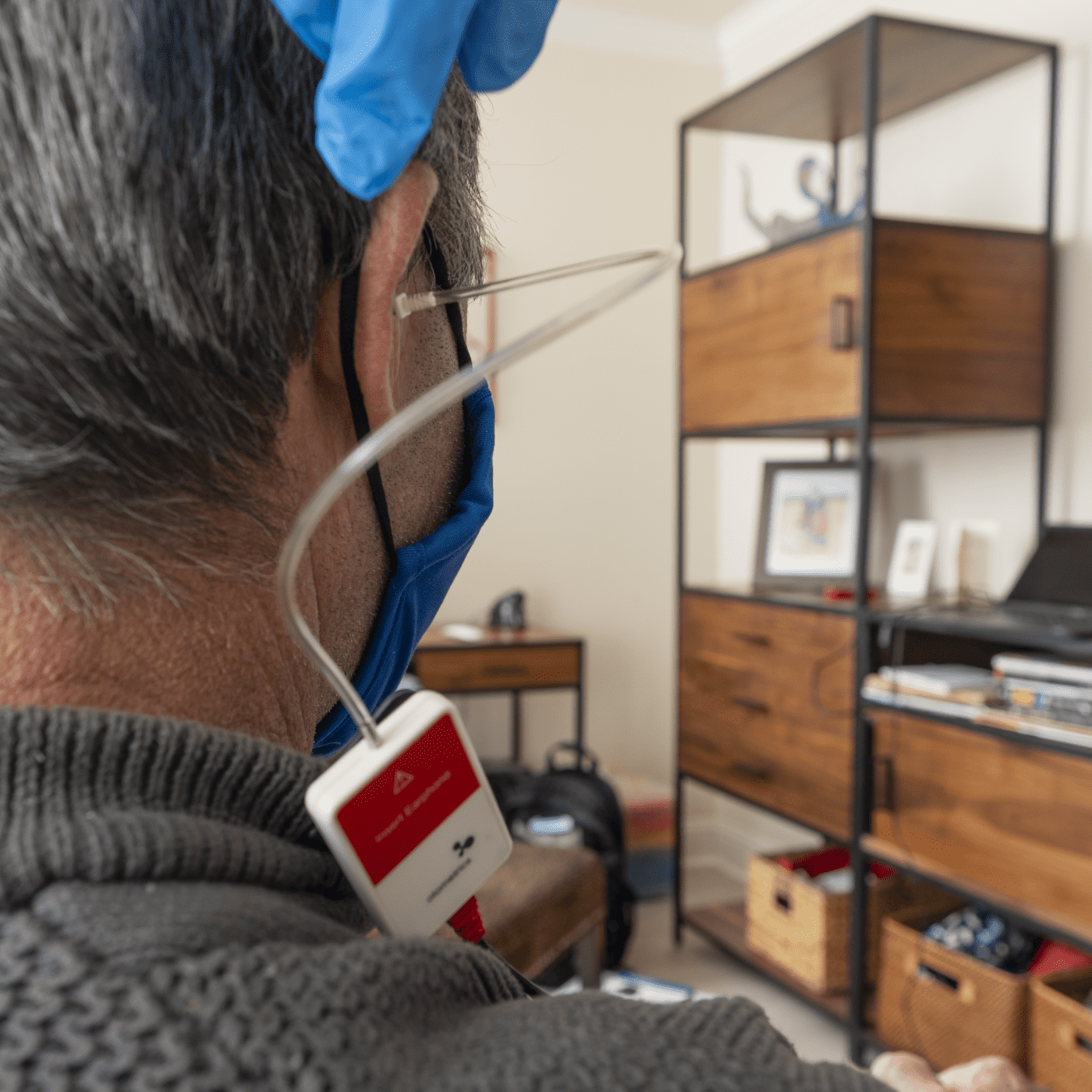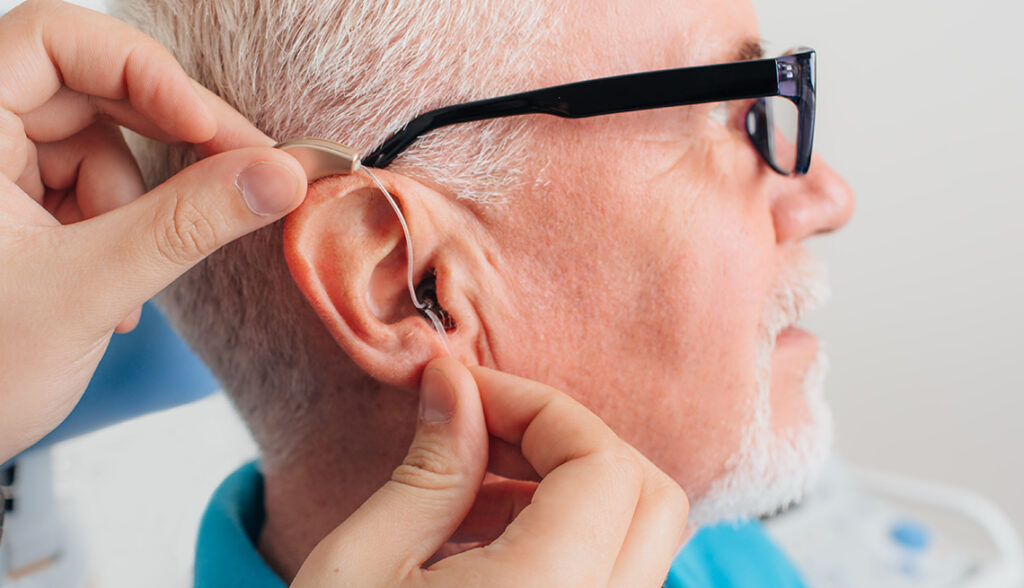The Stress of a Hearing Test
Have you ever thought of a hearing test as a stressful or daunting task? Do you put off your yearly hearing test because you feel like you can’t “pass it.” It’s not like the tests we took in school or work settings where you can study or prepare and go in feeling like you are ready to “ace the test.” For many, this causes a lot of anxiety ahead of time, but hear it from me first, there is no reason to be stressed about a hearing test.
I recently read an article called “Stress of a hearing test from a hard of hearing perfectionist” written by Ashley Derrington, and it really nicely put into words how so many feel when they go into any audiology office. You are not alone in your feelings.
A hearing test has no pass or fail. I tell this to every client who comes in. It is almost inevitable that everyone will make a comment about passing or failing the test and I really do want you to know that there is no such thing as pass/fail for a hearing test! It is a test of acuity or sensitivity, and it is unique to each individual. There are normative data values to determine what normal, mild, moderate, etc. sensitivity ranges are but there is no “right or wrong.” When you think about it in that regard, it should be less stressful than a standardized test that has “right or wrong” answers. Think of it as an opportunity to learn more about your health and well-being.
As someone who does have constant tinnitus and slight hearing loss in one ear, I do understand that sitting in a completely quiet room trying to hear a tiny beep can be a daunting task. In that setting, with headphones in, we tend to notice that we hear every single little sound such as our heartbeat, breathing, or tinnitus to an extreme. It can feel like you are not hearing the beep that you are supposed to hear because you can hear yourself so well during the test!
The positive thing about having a hearing test, whether your hearing is in the normal range or not, is that you have taken a step in the right direction just by taking a measurement of your hearing. It is important to have a hearing test to establish a baseline of hearing, at any age. I talk to many people, all ages, who say that they have not had a hearing test since they were a child. If you don’t have another hearing test until you are 70 years old, then you have no idea what is happening in between those years. Hearing loss can sneak up on you as it is usually a very gradual change. This means that for most people, you don’t just wake up one morning with significant hearing loss (if you do then you should get into a specialist immediately as this is a different type of hearing loss), so it is a less noticeable change. One thing to remember about hearing loss is the sooner you address it the better, so get that baseline and know where your hearing stands. Here at Ecoutez, know that we understand that this can give you feelings of stress or anxiety and we are here to ease those feelings. We want you to feel comfortable and pride ourselves on a calm and relaxing environment where you can feel relaxed facing a task that isn’t always fun. Please let us know if you are feeling nervous before your hearing test, the feeling is normal, and we are hear for you!










